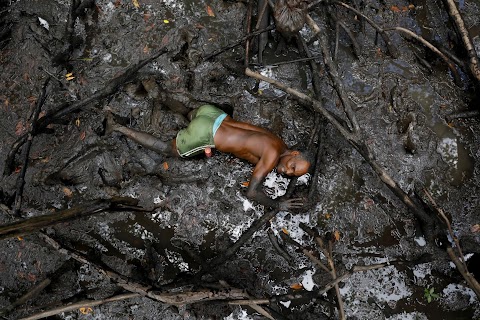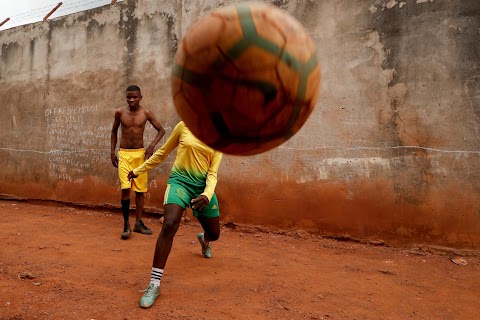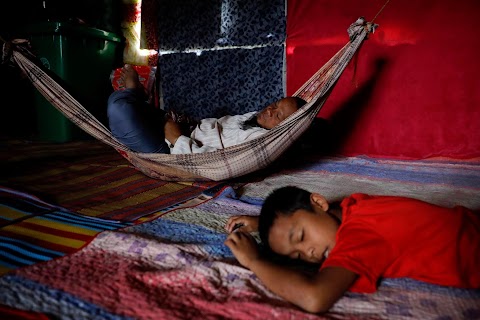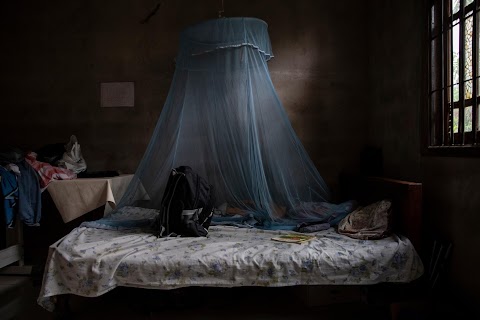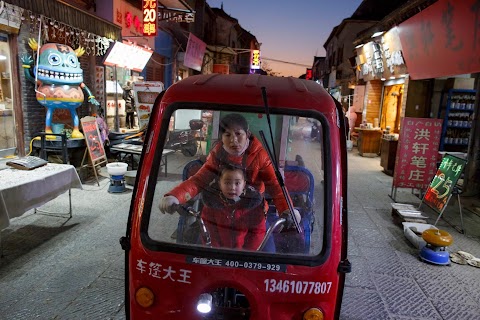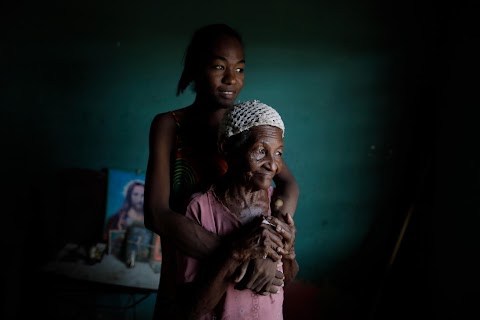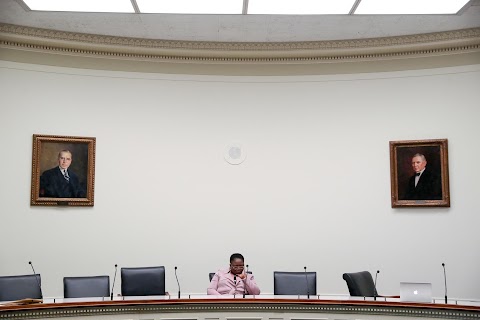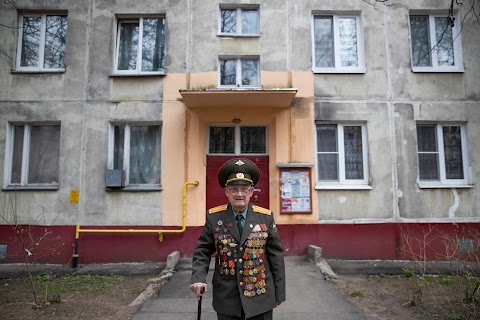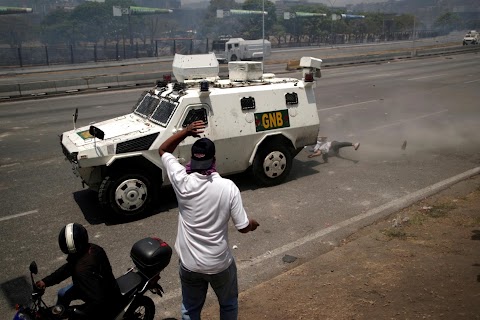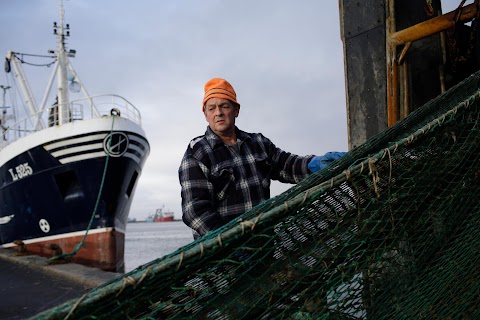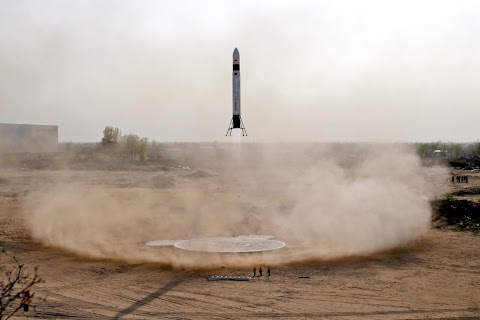
They fled Venezuela's crisis by boat - then vanished
Advertisement
A taxi dropped Maroly Bastardo and her two small children by a cemetery not far from the shore in northeast Venezuela. She still had time to change her mind.
Eight months pregnant, Bastardo faced forbidding choices in a nation whose economy has collapsed. Give birth in Venezuela, where newborns are dying at alarming rates in shortage-plagued maternity wards. Or board a crowded smuggler's boat bound for Trinidad, the largest of two islands that make up the Caribbean nation of Trinidad and Tobago. Her husband, Kennier Berra, had landed there in February, found work and beckoned her to join him.

Carolina shows a picture of Maroly.

A local resident points at an area nicknamed the Dragon's Mouths where Maroly and her relatives disappeared.

A view of a trail taken by migrants, among them Maroly and her relatives.

Boats are docked at Alcan Bay, in Chaguaramas, Trinidad and Tobago.

Relatives show a t-shirt of Maroly at their home.

Aranza, sister of Maroly, plays outside their house.

An oil pipeline from petroleum plant crosses a field on the outskirts of El Tigre.

A view of a maternity room of Felipe Guevara Rojas hospital.


A friend of Maroly shows a picture of the boat that Maroly and her family boarded.

Children play on the beach shore of La Salina area from where Maroly and her relatives boarded a smuggler's boat.

Relatives of people who disappeared in the Caribbean Sea after boarding a smuggler's boat during an attempt to cross from Venezuela to Trinidad and Tobago, gather outside the coast guard building.





















